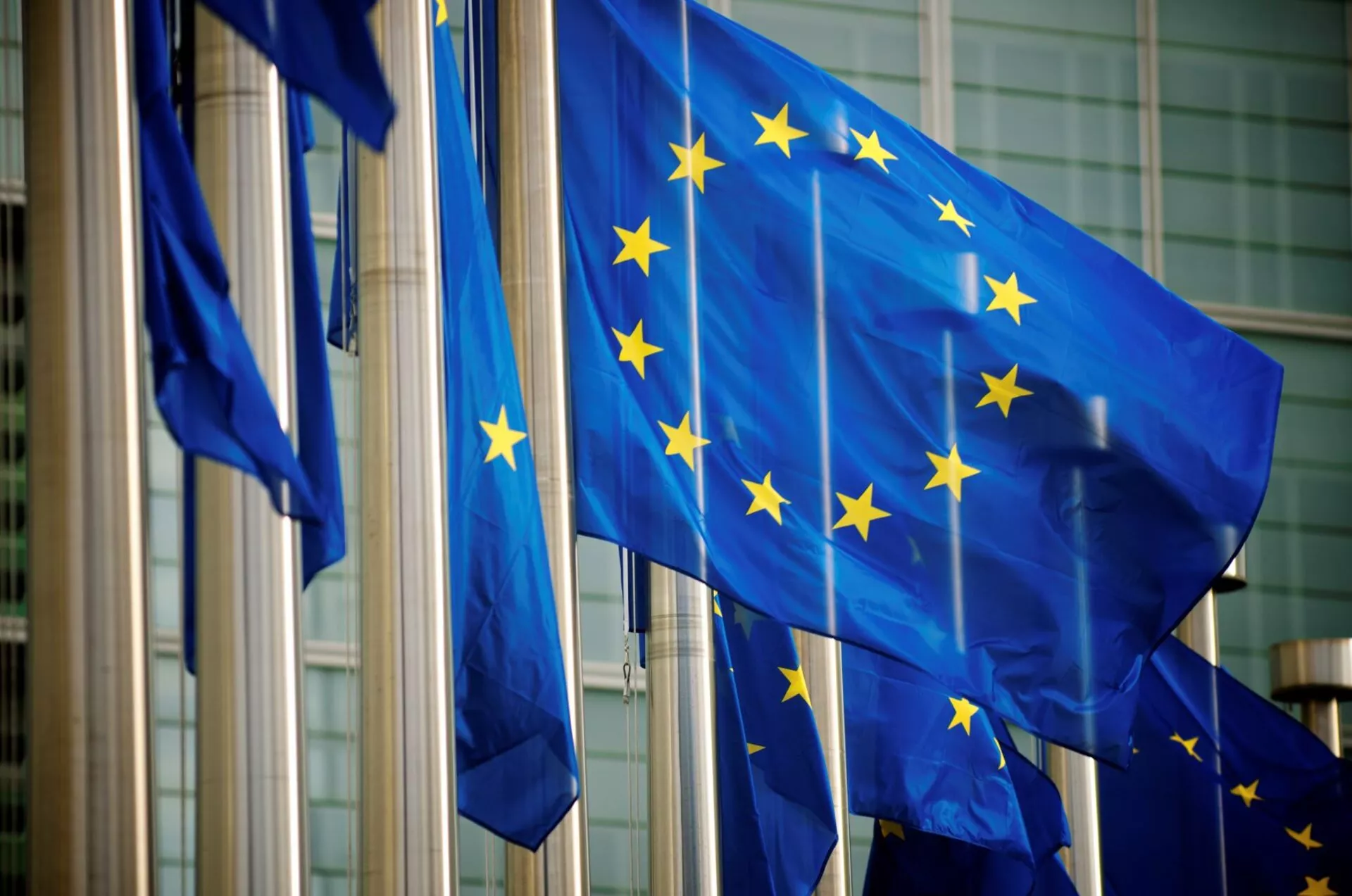
Weekly Update - Europe: an accomodative policy-mix
Europe is facing a context of high economic uncertainty, particularly on the world trade front. However, the policymix has been adjusted with several plans that have been decided, some of which are already active. While the total number of programmes appears to be massive, the economic impact remains difficult to assess, particularly because of the overlaps and interactions between the different programmes. The anticipation of these policies has contributed to the clear outperformance of European equity markets since the beginning of the year.
Next Generation Europe: half of the capacity remains! The NextGenEU programme was adopted in March 2021, in response to the Covid crisis. It consisted of €650 billion in project financing by the end of 2026, half in the form of grants, financed by a loan from the European Commission, and the rest in the form of loans that member states will have to repay. While this programme has clearly supported the recovery of some countries (Spain and Italy in particular), only a small half of the amount has been used to date. This leaves 340 billion euros of capacity, which can be activated by the end of 2026.
Rearm Europe: potentially €800 billion by 2030, to align with NATO's objectives. Europe has just approved the financing of defence spending from the European budget for an amount of 150 billion euros, with the condition that these amounts be spent on products of which at least 65% of the components come from Europe. In addition, the ReArm Europe programme provides for a relaxation of the Maastricht criteria for member states' defence spending, for a total amount of €650 billion. However, the use of this envelope remains uncertain because the most indebted countries may be reluctant to increase their use of bond financing in a context of high interest rates. Part of the increase in defence spending could thus be done by substitution for other spending and would have a limited impact on economic activity.
The German "whatever it takes". The new German coalition is in the process of validating a massive support package in two parts: (i) the creation of a special fund of 500 billion euros for infrastructure spending, particularly for the next 12 years, and (ii) a reform of the "debt brake" which until now has limited the federal government's annual deficit. From now on, defence spending above 1% of GDP will be exempted from the mechanism and the Länder will also be able to take on debt. This second part could total 1000 billion euros in additional spending over the same period. As defence spending is a significant part of the German plan, it can be noted that part of this plan is also accounted for in the Rearm Europe plan. Moreover, while the amounts of expenditure for Germany are massive, questions are being raised about the adjustment of production capacity. This could moderate the favourable impact on growth.
A more accommodative monetary policy. The sharp easing of inflation since the peak of Covid has allowed the European Central Bank to reduce its key rate from 4% to 2.25%, offering support to economies. The ECB is expected to continue this easing in the coming months. However, the accommodative nature of monetary policy is moderated by the implementation of fiscal support plans. Indeed, these plans will generate significant bond issuance needs that maintain upward pressure on long-term interest rates. In addition, these support plans could generate pressure on the medium-term inflation outlook and prompt the ECB to be more cautious.
Other highlights of the week
In the highlights of the week, we chose to talk about the United-States, the "one Big Beautifull Bill" and the PMI surveys in the US and in Europe.
United States: "One Big Beautifull Bill“
Donald Trump's budget proposal was adopted by the House of Representatives, 215 votes to 214. This proposal, called "one big beautiful bill" by the President, includes the extension of tax cuts and credits put in place during Donald Trump's first term and provides for cuts to certain programs, such as Medicaid health insurance or support for clean energy from the Inflation Reduction Act. In order to be ratified, this proposal must still be adopted by the Senate. However, the Senate approval is not a given The measures could have an impact on Republican districts, while the Grand Old Party only has a narrow majority in the upper chamber. The Committee for a Responsible Federal Budget, a nonpartisan organization, estimates that this budget would increase the U.S. federal debt by more than $3.3 trillion over the next decade. Debt would rise from about 98% of GDP to a record 125%. This prospect encouraged Moody's to downgrade the country's public debt by one notch, it was the last of the three main agencies to grant the maximum rating of AAA. In this context of budgetary discussions, the financial markets experienced turbulence, with new pressures on rates (the US 10-year rate at 4.5% and the 30-year rate at more than 5%). Equity markets fell over the week, -1% for the S&P500 index, as well as the dollar (euro/doll at 1.13).
Different signals on the business climate. In the US, the May PMIs came out above expectations for both services and manufacturing (at 52.3 for both), supported by domestic demand, a dynamic that remains at least partly due to the expectation of future price increases. At the same time, the component of prices paid by companies is increasing very significantly. In the eurozone, on the other hand, the May PMIs disappointed expectations. The composite index came out in contraction territory (at 49.5 vs. 50.4 in April), mainly penalised by the services component, while the manufacturing segment appears more resilient. On the other hand, the survey no longer shows any pressure on prices, leaving room for more easing by the European Central Bank.





